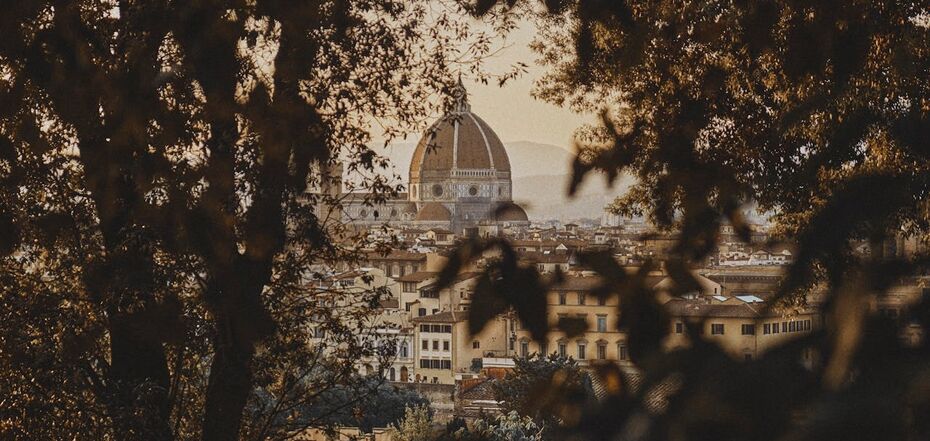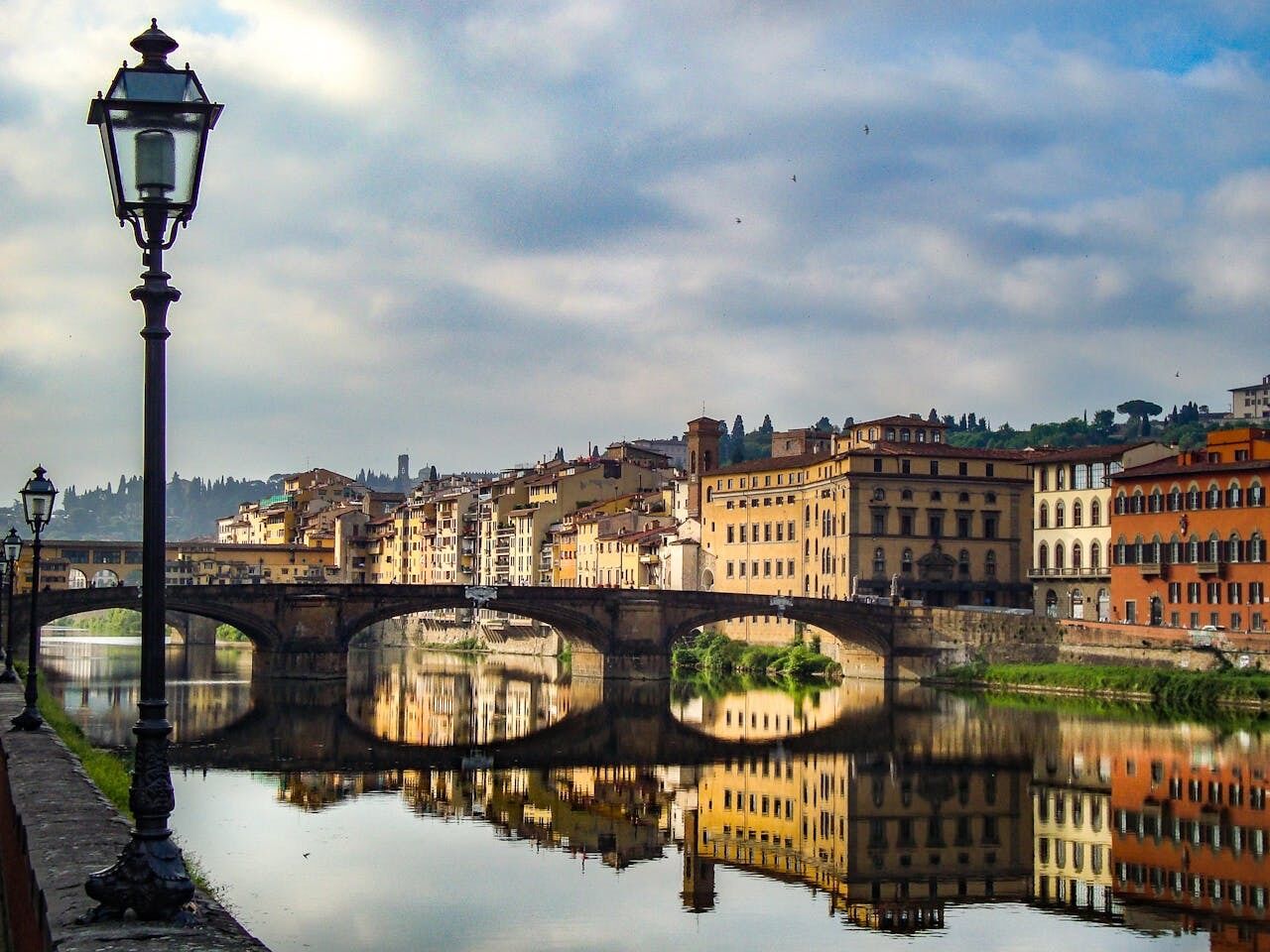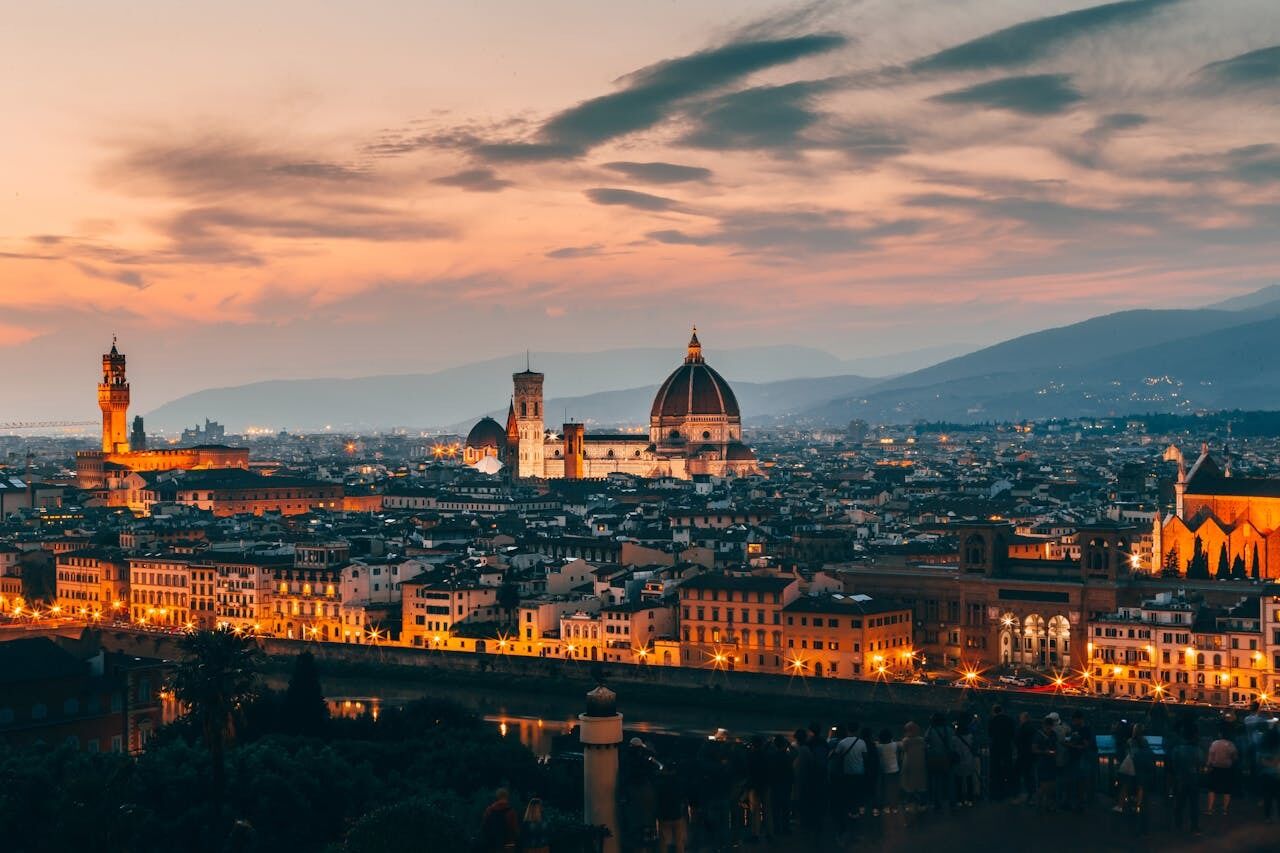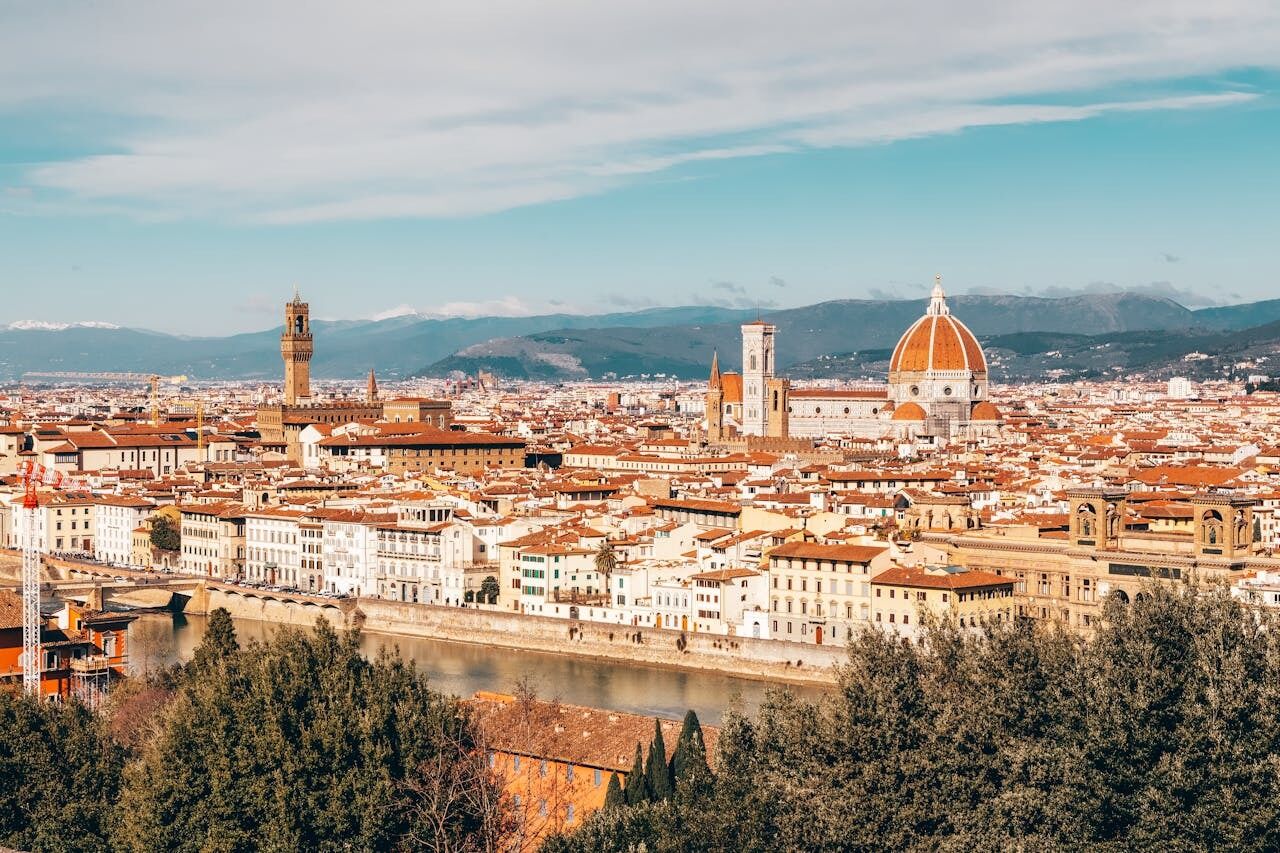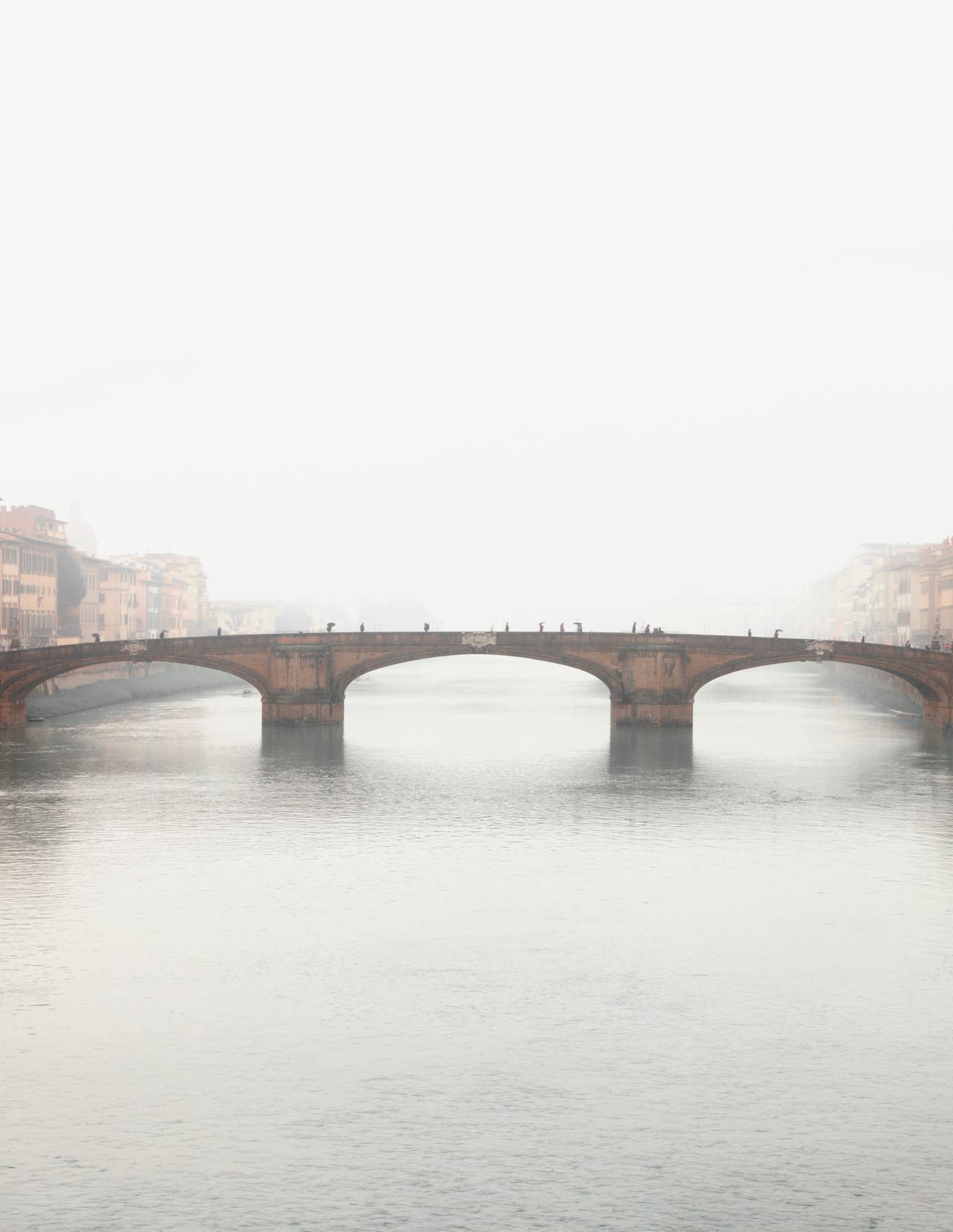News
An alarm was raised in Florence due to the excessive number of tourists: bans were introduced
Florence, one of Italy's most visited tourist destinations, has adopted a new plan with tough measures to control the flow of travelers. The historic city in the Tuscany region, which attracts millions of visitors every year, is now struggling with the negative effects of excessive tourism.
The decision of the Florence City Hall contains ten points, including a number of bans on the use of certain items in the city's central areas. These changes include a ban on the installation of key boxes for guests of short-term rentals, which is a common practice in popular tourist cities, the Florence Daily News reports.
In addition, tour guides are prohibited from using loudspeakers to reduce noise in crowded areas. According to the authorities, these measures will help preserve the historical character of Florence, which is gradually turning into a solid tourist area.
Despite a significant decline in tourist numbers during the pandemic, the flow of visitors to Florence quickly recovered and even increased. According to the national statistical office ISTAT, Italy received a record number of tourists in 2023 - 134 million people, providing more than 450 million overnight stays. At the same time, a significant number of travelers are increasingly choosing short-term rentals over hotels.
Recently, local residents of Florence held protests by marking key boxes with red crosses to express their dissatisfaction. They believe that the excessive development of tourist rentals is displacing the local population and causing the closure of traditional businesses. The local government has echoed this sentiment by passing new restrictions on short-term rentals to preserve the possibility of living in the city center for the indigenous residents.
Cities such as Venice have already introduced an entry tax for tourists coming for one day to limit the impact of over-tourism on the urban environment. In addition, Venice has received permission to limit the number of days for short-term rentals on platforms such as Airbnb. Florence hopes that such measures will help control the flow of tourists and preserve its historical heritage.
Italy's tourism sector currently contributes about 10.5% to the country's GDP. At the same time, Prime Minister Giorgia Meloni and other government officials are considering imposing restrictions at the national level to limit tourist rentals to 120 days a year. This issue was also discussed by G7 tourism ministers during their meeting in Florence.
Italian Minister of Tourism Daniela Santanche noted that although some cities suffer from an oversaturation of tourists, the country as a whole still has significant potential for the development of the industry. In her opinion, Italy could receive 50 million more tourists annually, increasing its tourism potential.
Subscribe to the OBOZ.UA channels in Telegram and Viber to keep up with the latest events.


